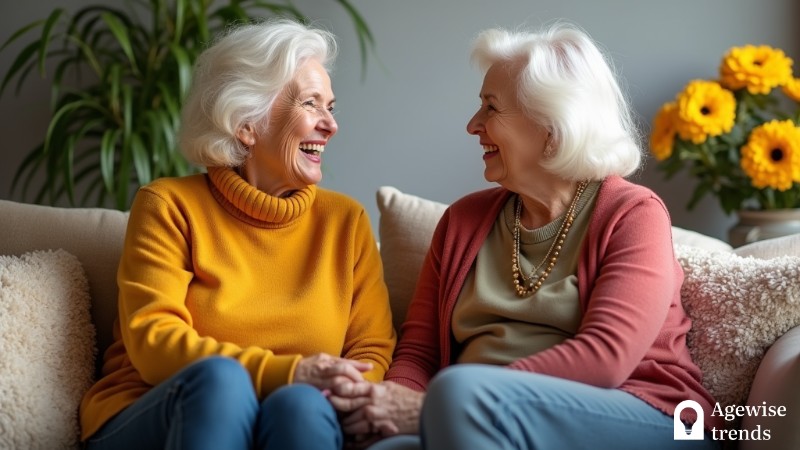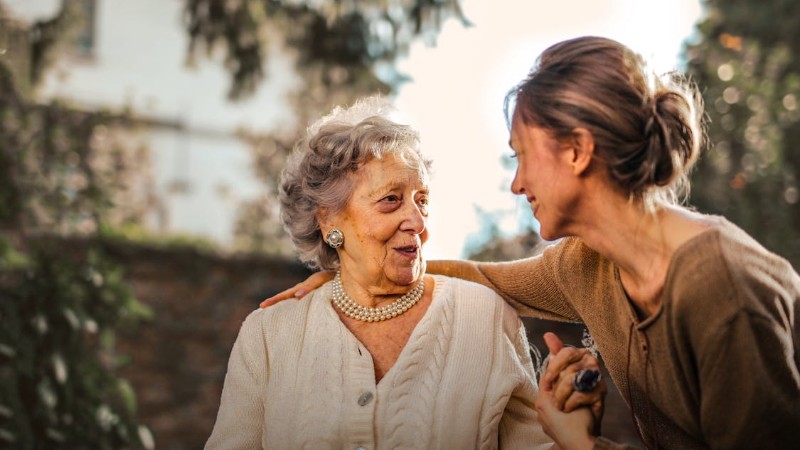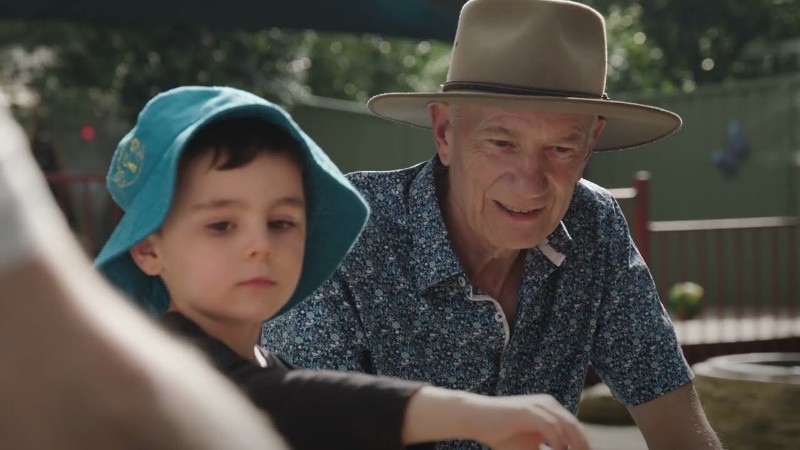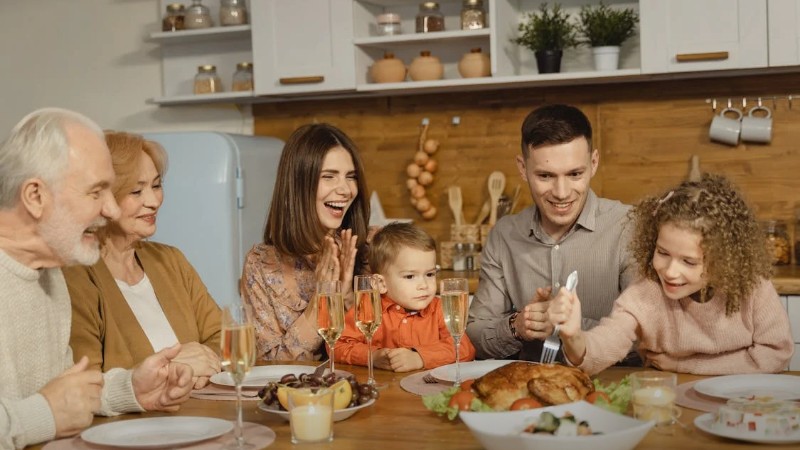Intergenerational connections offer a powerful means to combat social isolation, fostering well-being across generations. Research shows that regular social interaction can greatly improve physical, mental, and emotional health. However, the shift toward more isolated lifestyles, accelerated by the pandemic, has highlighted the importance of re-establishing these connections.
The benefits of engaging across generations, whether through care, companionship, or community building are immense, touching on cognitive health, empathy, and longevity. Intergenerational programs have become a key tool in facilitating these connections, enabling communities to bridge generational gaps and promote mutual understanding.
The importance of social connections
According to Maslow’s Hierarchy of Needs, social interaction is crucial for human fulfillment, especially in the realms of love and belonging. Connecting with others contributes to self-esteem and mental well-being. Lack of social engagement, on the other hand, has been linked to various negative health outcomes, including an increased risk of dementia, heart disease, and depression. This underscores the importance of addressing social isolation, a growing concern for all ages but particularly for older adults.
Recent studies show that social relationships have a tangible effect on immune health, reducing inflammation and strengthening antiviral responses. Furthermore, intergenerational programs that promote connecting with younger generations enhance emotional well-being. Older generations gain support and emotional sustenance from younger individuals, while the younger generations receive valuable life lessons, wisdom, and a sense of history.
In the context of caregiving, intergenerational relationships are vital in providing comprehensive care. Families, especially those in the “Sandwich Generation” (those caring for both their children and elderly parents), often benefit from age-diverse support. For instance, adult day centers often employ younger workers to care for older individuals, fostering a cycle of mutual care across generations. These spaces allow for intergenerational bonds that are key to sustaining health, dignity, and comfort in the later stages of life.
Intergenerational relationships outside the family
While intergenerational connections are often naturally formed within the family, they can be more challenging to cultivate outside of it. Many people live in environments that lack age diversity, which limits the opportunities for younger and older individuals to connect meaningfully.
However, fostering these relationships in broader community spaces can offer profound benefits for both sides. Older generations can share their wisdom, traditions, and experiences, while younger generations can offer fresh perspectives and emotional support.
The rise of technology-based solutions in recent years, particularly after the COVID-19 pandemic, has further bolstered these connections. Healthcare startups and nonprofit organizations have focused on using mobile applications and video conferencing to reduce social isolation in older adults. These platforms connect younger individuals with elderly participants, offering opportunities for both companionship and practical support.
Intergenerational connections in grief care
Relationships across generations greatly benefit end-of-life care, making grief more manageable. When multiple generations share the experience of loss, it fosters emotional healing and strengthens family bonds.
Connections between generations are essential for passing on legacy and knowledge, particularly during grief. Death doulas, who provide non-medical support, help ensure that all generations are engaged in the process, guiding families through both emotional and logistical challenges.
Additionally, intergenerational programs help reduce ageism in end-of-life care. By training younger people to care for older individuals, these programs alleviate feelings of isolation, fostering compassionate communities where every generation contributes to each other’s well-being.
Key elements of intergenerational relationships
Intergenerational relationships thrive on respect, reciprocity, responsibility, and resiliency, key elements for lasting connections. Respect is vital, especially when different generations have varied experiences. Reciprocity ensures mutual benefits, fostering emotional and social growth.
Responsibility is shared, particularly in caregiving, where younger generations support older ones, while the elderly provide wisdom and guidance. Resiliency helps communities overcome challenges and keep these bonds strong.
Intergenerational connections benefit individuals at all life stages. Promoting intergenerational programs and encouraging connections with younger generations helps combat social isolation, reduce the impacts of aging, and create compassionate communities where all generations contribute to each other’s well-being.















